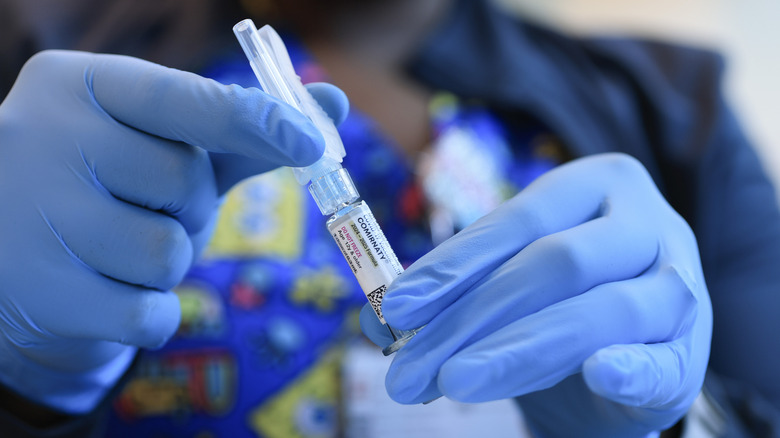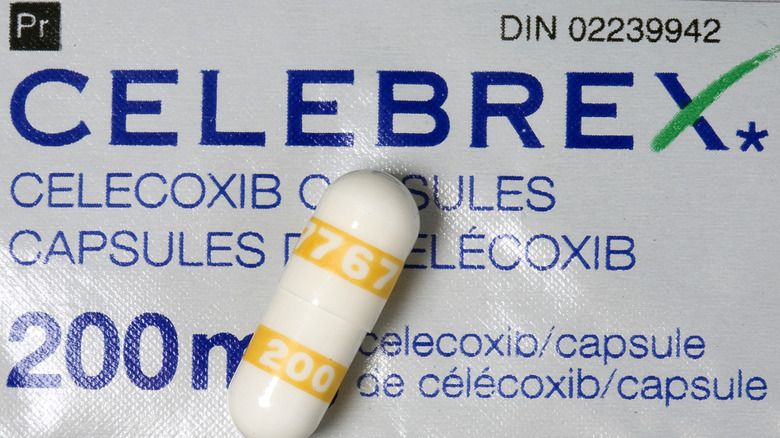One Of The FDA's Largest Drug Recalls In Recent History Cost Over $2 Billion
If you or someone you know was dealing with arthritis in the early 2000s, you might have come across Bextra. Also known as valdecoxib, Bextra was an anti-inflammatory medicine intended to ease pain and stiffness. At least, that's why people took it until it was the subject of one of the Food and Drug Administration's biggest recalls and put its manufacturer, Pfizer, at the center of a major legal settlement.
Long story short, Pfizer and its Pharmacia & Upjohn unit ultimately paid $2.3 billion to settle both criminal and civil charges about how Bextra was promoted. This was the largest healthcare fraud settlement in Justice Department history at that time. The payout included a $1.195 billion criminal fine, a $105 million forfeiture, and $1 billion in civil penalties under the False Claims Act, which went back to federal and state health programs.
But Pfizer and the FDA reached that settlement in 2009, and that's not exactly when the story begins. The FDA first asked Pfizer to remove Bextra from U.S. stores back in April 2005. A review showed the drug's risks outweighed its benefits, and the FDA highlighted two major reasons as to why: First, people who took Bextra after coronary artery bypass graft (CABG) surgery had at least twice the risk of serious heart problems compared to those who did not take it. Second, there were rare but dangerous skin reactions such as Stevens-Johnson syndrome and toxic epidermal necrolysis that happened more often with Bextra than with other drugs in its category.
Years later, in August 2013, the FDA made its ruling official by withdrawing Bextra's approval in the Federal Register. By that point, the case's effects on the drug industry were cemented.
Who paid and what changed
Of the $1 billion civil payment in Pfizer's 2009 case, the Department of Justice Archives shows about $668 million went back to the federal government and $331 million went to state Medicaid programs. Six whistleblowers together received more than $102 million from the federal allotment. Besides the money, Pfizer also agreed to strict oversight for five years. The deal required company leaders to sign off on compliance, hire an independent reviewer to check that marketing stayed within FDA rules, and forced public disclosure of certain payments to health professionals. These steps were meant to keep the company from repeating the same mistakes. There's no doubt the recall impacted public trust in Pfizer. Yet, in 2025, the company has the Pfizer RXPathways program which some people consider one of the best ways to get discounts on your prescription.
When Bextra was taken off the market, the FDA used that moment to add tougher warnings to all prescription Nonsteroidal Anti-Inflammatory Drugs (NSAIDs). Labels now include sharper warnings, and medication guides are handed out at pharmacies, so you know the risks. The FDA updated these warnings in 2015 to cover heart risks. This is why, if you take a non-aspirin NSAID today, you should read the medication guide in your bag, talk to your doctor about how much and how long to use it, and know that the warning labels are there because of safety problems like the issues seen with Bextra. In fact, safety is a recurring theme in most recalls. In the fast food indusry, it was a main driver in Burger King's biggest recalls.

